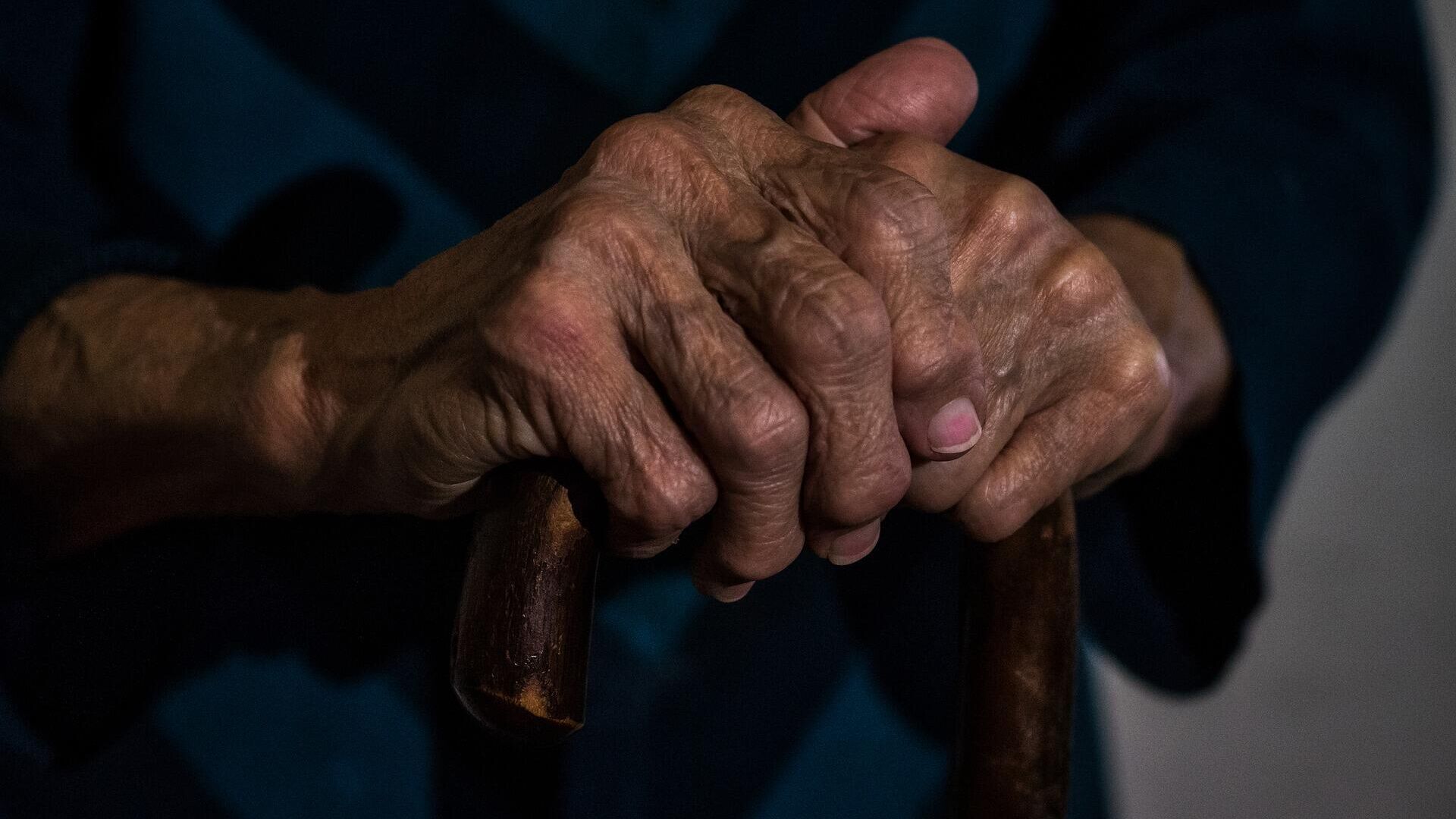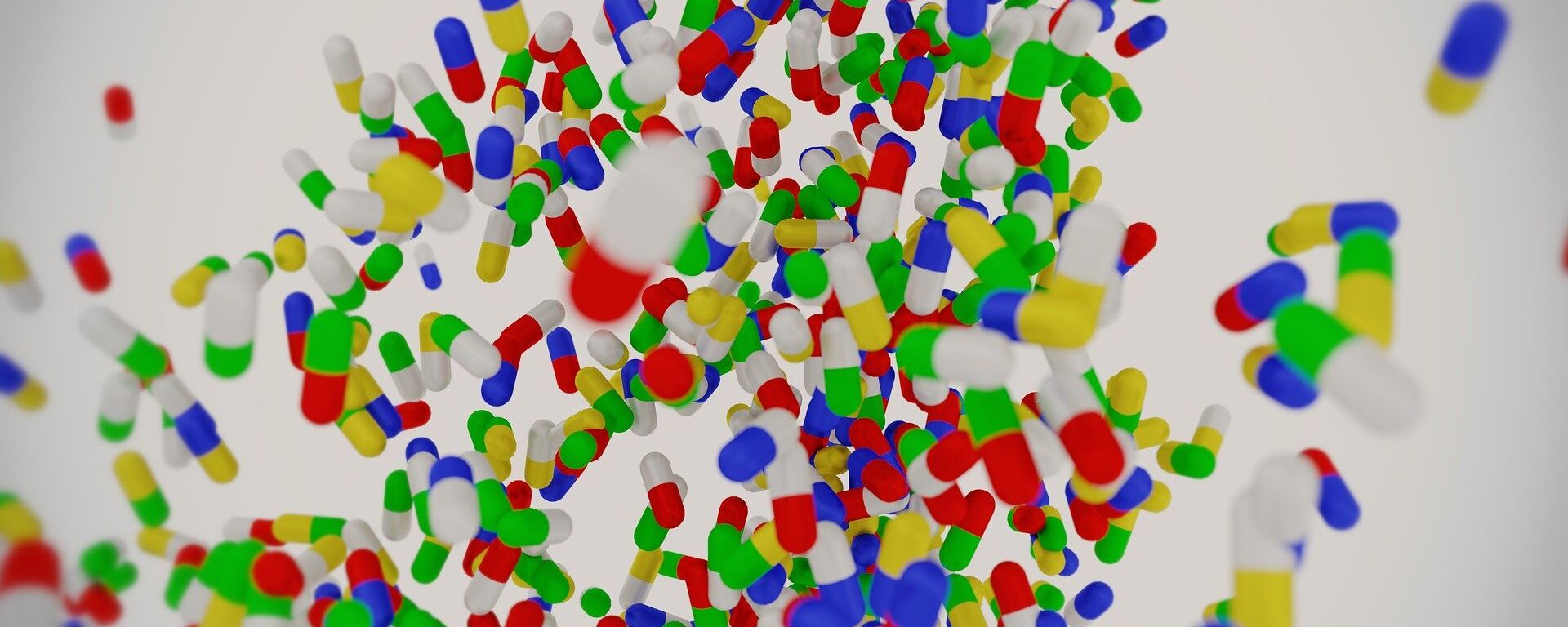https://sputnikglobe.com/20231011/have-scientists-uncovered-the-secret-to-living-beyond-100-1114101246.html
Have Scientists Uncovered the Secret to Living Beyond 100?
Have Scientists Uncovered the Secret to Living Beyond 100?
Sputnik International
New biomarkers of longevity in the blood of centenarians have been identified by a collaboration of scientists, shedding fresh insight into the mystery of human lifespan.
2023-10-11T15:23+0000
2023-10-11T15:23+0000
2023-10-11T15:23+0000
beyond politics
longevity
centenarian
sweden
https://cdn1.img.sputnikglobe.com/img/07e5/09/16/1089306445_0:49:1920:1129_1920x0_80_0_0_d5fc907fb2e1d85300bfc9d807d81653.jpg
New biomarkers of longevity in the blood of centenarians have been identified by a collaboration of scientists, shedding fresh insight into the mystery of human lifespan.Those who successfully traversed the 100-year threshold most often tended to boast lower levels of glucose, creatinine and uric acid already starting from their sixties, as per the research, published in the journal GeroScience. The vast majority of them had sugar levels that did not exceed 6.5.Data was analyzed from 44,000 people residing in Sweden, aged 64 to 99 years. All of these individuals had undergone assessments of their health between the ages of 64-99. They were then monitored via the Swedish register data for a course of 35 years. 1,224 of these people lived to be 100 years old, with the majority (85 percent) being female.The researchers looked at 12 biomarkers related to inflammation, metabolism, anemia, organ function and possible nutritional problems, since these have been associated with aging or mortality in previous studies. Thus, uric acid is a biomarker linked to inflammation, and creatinine, for example, is associated with kidney function.Individuals with the lowest levels of total cholesterol and iron had a lower chance of reaching 100, as compared to those with higher levels.There was a similarly less hopeful chance of living to be 100 for people with higher levels of glucose, creatinine, uric acid and markers for liver function.Overall, there was a potential link between metabolic health, nutrition and exceptional longevity, the study concluded. One thing that the research stopped short of was offering any specific conclusions regarding which genes or lifestyle factors impacted the above-mentioned biomarker values. That said, one thing appeared to have been determined: from the age of 65 onwards, a there was a difference in the biomarkers between those individuals who went on to become centenarians and those who failed to make the cut.
https://sputnikglobe.com/20230520/miracle-pills-to-fight-zombie-cells-tech-gurus-lavish-funds-on-longevity-studies--1110484977.html
https://sputnikglobe.com/20220529/throw-that-apple-awayworlds-oldest-man-says-glass-of-liquor-a-day-is-secret-to-long-life-1095854620.html
sweden
Sputnik International
feedback@sputniknews.com
+74956456601
MIA „Rossiya Segodnya“
2023
News
en_EN
Sputnik International
feedback@sputniknews.com
+74956456601
MIA „Rossiya Segodnya“
Sputnik International
feedback@sputniknews.com
+74956456601
MIA „Rossiya Segodnya“
longevity, centenarian, blood biomarkers
longevity, centenarian, blood biomarkers
Have Scientists Uncovered the Secret to Living Beyond 100?
Scientists have always sought to unravel the mystery of exceptional human longevity, and figuring out just what genetic and lifestyle factors can contribute to a long life. A recent study appears to have taken one more step towards answering these questions.
New biomarkers of
longevity in the blood of centenarians have been identified by a collaboration of scientists, shedding fresh insight into the mystery of human lifespan.
Those who successfully traversed the 100-year threshold most often tended to boast lower levels of
glucose,
creatinine and
uric acid already starting from their sixties, as per the research,
published in the journal GeroScience. The vast majority of them had sugar levels that did not exceed 6.5.
Data was analyzed from 44,000 people residing in Sweden, aged 64 to 99 years. All of these individuals had undergone assessments of their health between the ages of 64-99. They were then monitored via the Swedish register data for a course of 35 years. 1,224 of these people lived to be 100 years old, with the majority (85 percent) being female.
The researchers looked at 12 biomarkers related to inflammation, metabolism, anemia, organ function and possible nutritional problems, since these have been associated with aging or mortality in previous studies. Thus, uric acid is a biomarker linked to inflammation, and creatinine, for example, is associated with kidney function.
Individuals with the lowest levels of total cholesterol and iron had a lower chance of reaching 100, as compared to those with higher levels.
There was a similarly less hopeful chance of living to be 100 for people with higher levels of glucose, creatinine, uric acid and markers for liver function.
Overall, there was a potential link between metabolic health, nutrition and exceptional longevity, the study concluded. One thing that the research stopped short of was offering any specific conclusions regarding which
genes or lifestyle factors impacted the above-mentioned biomarker values. That said, one thing appeared to have been determined: from the age of 65 onwards, a there was a difference in the biomarkers between those individuals who went on to become centenarians and those who failed to make the cut.




